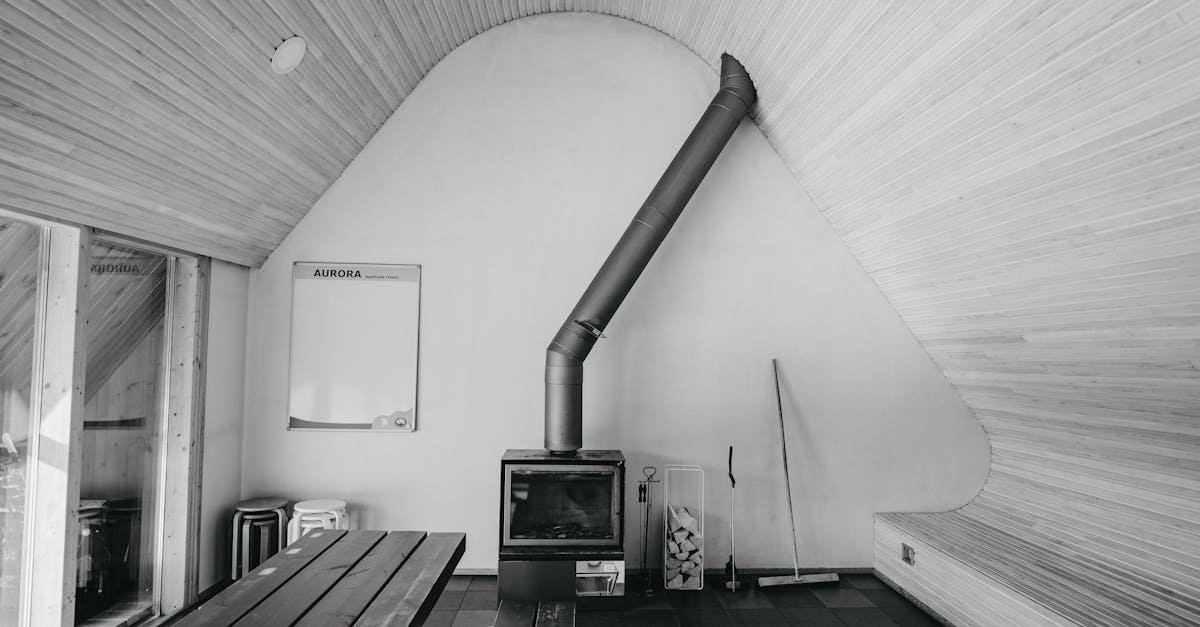Baseboard heaters offer efficient heating but come with both advantages and disadvantages. On the plus side, they provide consistent warmth and are easy to install, making them a popular choice for many homeowners. But, they can be less energy-efficient than other heating systems and might take up valuable wall space.
Before deciding if baseboard heaters are right for you, it’s crucial to weigh these pros and cons. Understanding how they work and their impact on your energy bills can help you make an informed choice for your home’s heating needs.
Overview of Baseboard Heaters
Baseboard heaters are popular options for heating residential spaces. They come in two primary types: electric and hydronic. Each type has distinctive features and operating methods.
Electric Baseboard Heaters
Electric baseboard heaters use electricity to generate heat. They convert electrical energy into thermal energy through heating elements. These heaters often install along walls. They offer precise temperature control through individual thermostats. They’re simple to install and can fit into small spaces effectively.
Hydronic Baseboard Heaters
Hydronic baseboard heaters circulate hot water from a boiler. These units can provide steady warmth with less energy consumption. The hot water runs through pipes, warming the air in the room. They maintain a comfortable temperature for longer periods, even after shutting off.
Performance and Efficiency
Baseboard heaters provide consistent heat distribution. They can heat rooms uniformly, reducing cold spots. But, electric units may consume more electricity than desired, impacting your bills. Hydronic systems excel in energy efficiency, especially in larger spaces.
Space Considerations
Baseboard heaters occupy wall space, which may limit furniture placement. Ensure you consider room layout before installation. While they can blend seamlessly into modern homes, proper planning is essential for optimal usage.
Maintenance Requirements
Maintenance for both electric and hydronic systems is relatively low. Electric heaters require minimal upkeep, mainly cleaning the dust from vents. Hydronic systems may need occasional checks on the boiler and the entire heating system for leaks.
Baseboard heaters provide effective heating options. Their types, performance, and installation characteristics should align with your home’s needs and preferences.
Pros of Baseboard Heaters
Baseboard heaters offer several benefits that make them a popular choice for heating. You can expect comfortable warmth, efficiency, and convenience with these units.
Energy Efficiency
Electric baseboard heaters use electricity to create heat. They can work well in small spaces, providing warmth where you need it most. Hydronic baseboard heaters, on the other hand, circulate hot water from a boiler. This method uses less energy and can save you money on utility bills, especially in larger areas. Proper installation and zoning can enhance energy efficiency, allowing you to heat specific rooms as needed.
Space Saving Design
Baseboard heaters sit low along walls, which saves valuable floor space. You can place furniture close to the heaters without blocking airflow, preserving your room’s layout. Unlike bulky radiators, baseboard systems blend seamlessly with your decor. This unobtrusive design makes them a good fit for various home styles.
Quiet Operation
Baseboard heaters operate quietly, making them ideal for bedrooms and living areas. Unlike forced-air systems, which can create noise as they blow air, baseboard heaters warm your space gently and quietly. This peaceful operation ensures you won’t be disturbed while relaxing or sleeping.
Cons of Baseboard Heaters
Baseboard heaters have several drawbacks that may influence your decision. Understanding these negatives helps you choose the best heating option for your home.
Initial Installation Cost
Initial installation costs can be high, especially with hydronic systems. These require plumbing work and can involve additional expenses for a boiler. Even electric baseboard heaters may need an electrical upgrade, increasing upfront costs. Weigh these expenses against your budget before proceeding.
Maintenance Requirements
Maintenance requirements vary. While both types need minimal upkeep, hydronic systems may require boiler maintenance. You might face higher costs for servicing and potential repairs. Electric baseboard heaters are more straightforward but still need occasional inspections. Regular cleaning helps maintain efficiency, regardless of the type.
Limited Heating Capacity
Limited heating capacity can pose challenges. Baseboard heaters may struggle to heat large spaces effectively, leading to uneven temperatures throughout the room. They often work best in smaller areas or as supplemental heating. Consider your home’s layout and size before relying solely on these heaters for warmth.
Conclusion
Baseboard heaters can be a solid choice for your home heating needs. They offer consistent warmth and a space-saving design that fits well in various settings. If you’re looking for quiet operation and ease of installation, these heaters might be right for you.
But it’s essential to consider the potential downsides. Higher initial costs and limited heating capacity could impact your decision. Weighing the benefits against the drawbacks will help you determine if baseboard heaters are the best fit for your space and lifestyle. With the right information you can make a confident choice that keeps your home comfortable all winter long.








